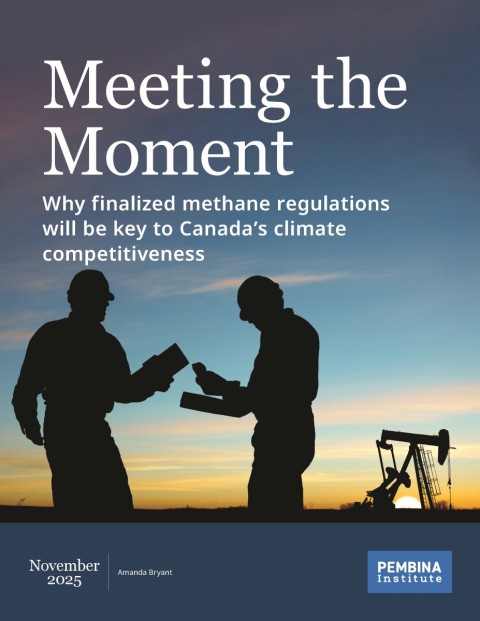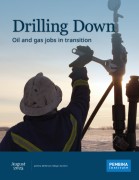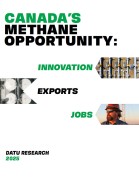Governments around the world are increasingly recognizing that urgent action is needed to reduce emissions of “super pollutants” like methane. Methane is a potent greenhouse gas and the main component of natural gas. There are cost-effective and proven solutions to prevent methane emissions from oil and gas systems. Implementing those solutions enhances energy security, improves efficiency, prevents lost revenues and royalties, and creates good jobs – not to mention mitigates the near-term impacts of climate change and improves air quality and health. As such, continued leadership on methane is essential to Canada’s climate competitiveness.
Canada, along with many other jurisdictions, has pledged to reduce global methane emissions by 30% by 2030 from 2020 levels. While pledges are important tools to calibrate ambition, they must be paired with policies to deliver needed emissions reductions. At the core of effective policy are regulations. Canada has proposed strengthening its oil and gas methane regulations to reduce emissions from energy production 75% by 2030 from 2012 levels. This report explains different policy approaches and compares Canada’s draft amendments to the regulations of other leading jurisdictions, including three oil and gas producing provinces, key U.S. states, and the European Union. We argue that Canada’s proposed regulatory amendments are appropriately ambitious, both for reducing emissions and for keeping pace with leading jurisdictions. Canada must immediately finalize its draft amendments to the federal oil and gas methane regulations.
More can be done, however, to set the country up to thrive in a climate-competitive global marketplace.
In Meeting the Moment, we recommend that Canada, as well as the oil- and gas-producing provinces:
- Regularly review best practices and new methane mitigation technologies as regulations are progressively strengthened
- Base leak inspection requirements on risk but ensure comprehensive coverage of sources
- Prohibit routine venting and flaring outright, allowing only for emergency situations and other exceptional circumstances
- Pair performance standards with strong measurement, reporting, and verification requirements.
- Require site-level measurement, transparent reporting, and independent verification to ensure accurate and comprehensive methane emissions accounting
In addition, we recommend that Canada’s federal and provincial governments should:
- Continue progressively strengthening oil and gas methane regulations.
- Address key regulatory gaps such as emissions from compressor engines, routine flaring, emissions from low- and non-producing wells; and inaccurate emissions reporting.
- Consider effective policies from leading jurisdictions, such as import standards, satellite data integration, measurement-informed inventories, and comprehensive methane pricing.






